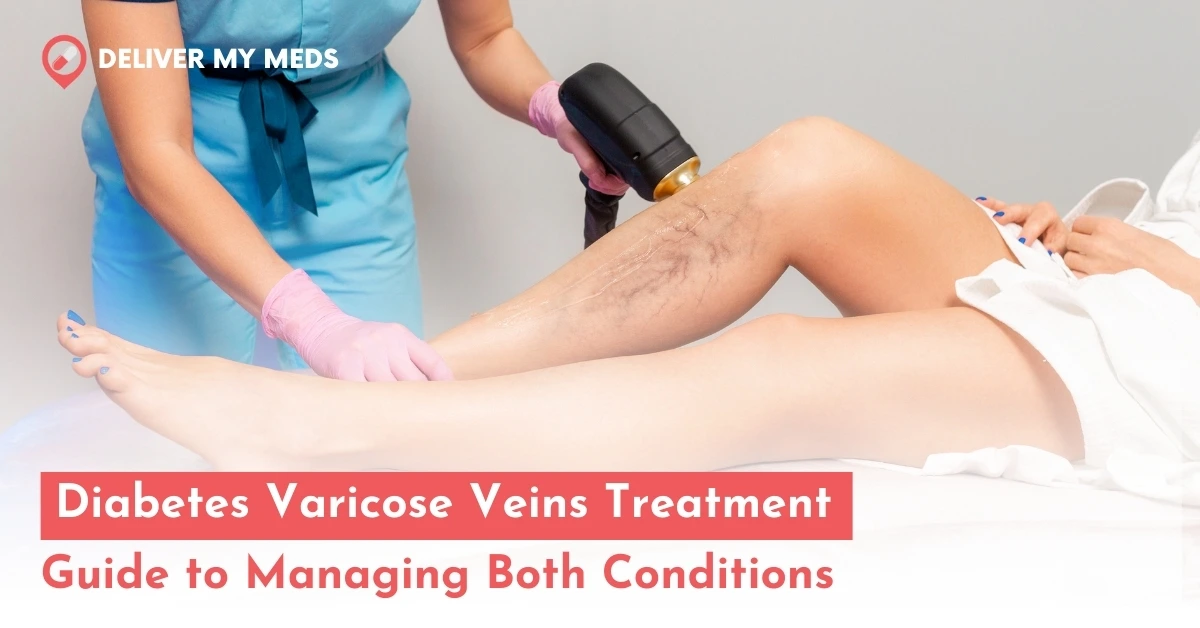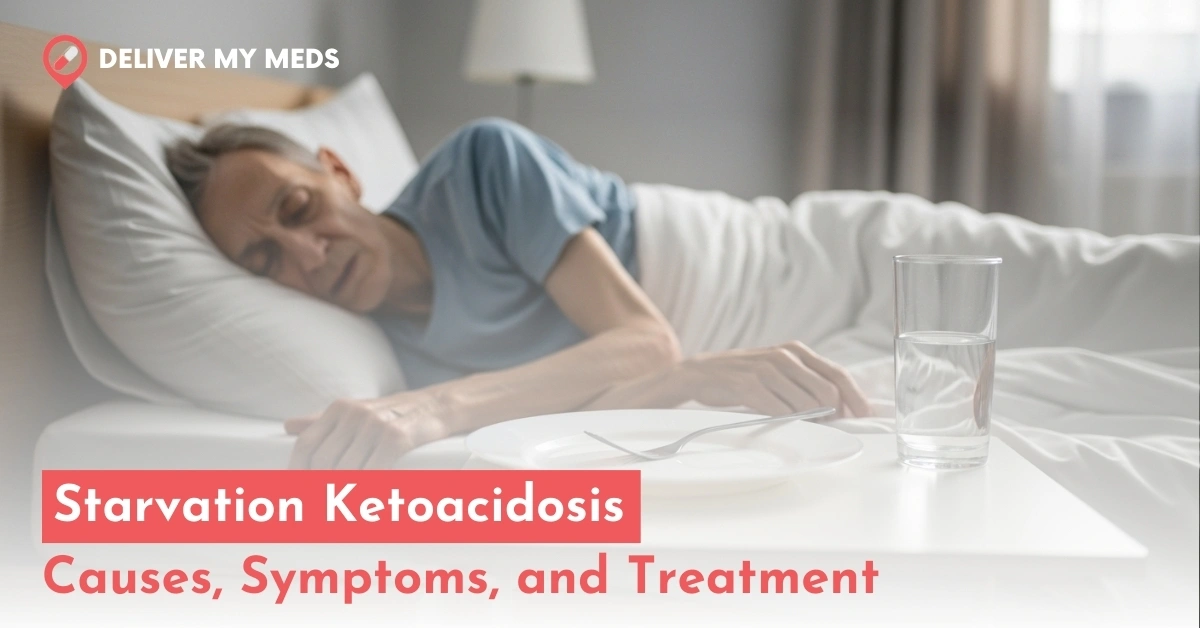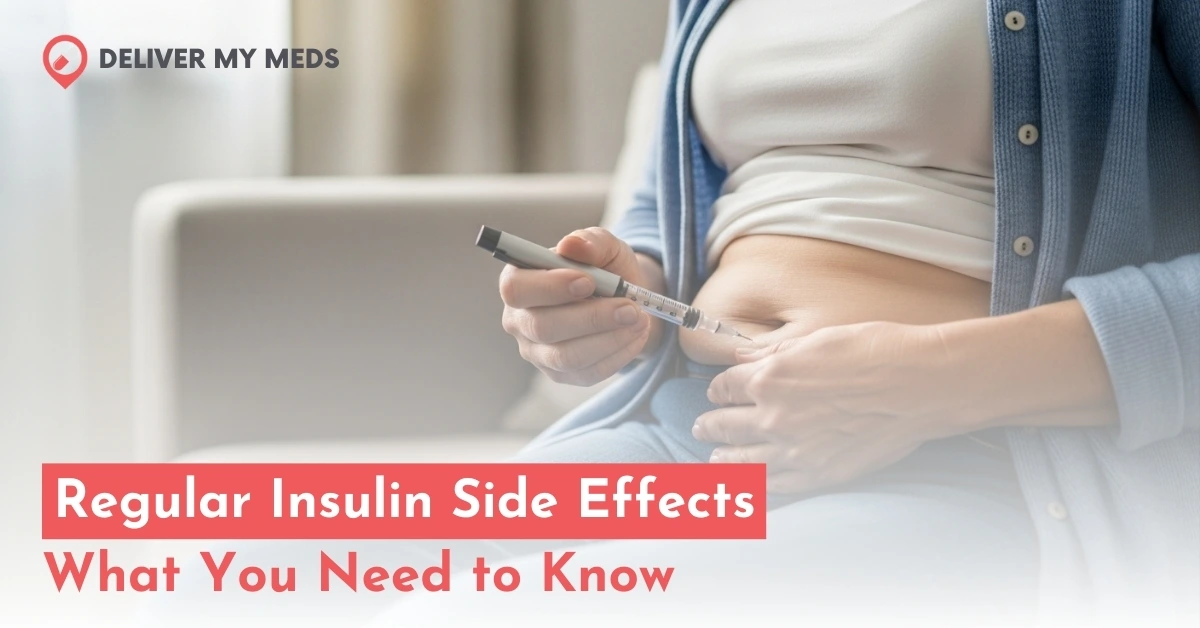
Introduction: Understanding Diabetes and Varicose Veins
Living with diabetes can bring unique challenges, especially when paired with varicose veins. If you’re searching for “diabetes varicose veins treatment”, you’re not alone—millions of people face these overlapping health issues in 2025. While diabetes doesn’t directly cause varicose veins, high blood sugar levels can weaken blood vessels and impair circulation, increasing vein-related risks. This guide explores the connection between diabetes and varicose veins, offering practical treatment options, lifestyle changes, and expert insights to help you regain control of your health.
The Link Between Diabetes and Varicose Veins
Diabetes affects how your body regulates blood sugar, which can damage blood vessels and nerves over time. Poor circulation—a hallmark of uncontrolled diabetes—puts extra pressure on veins, especially in the legs. Varicose veins, those twisted, bulging veins visible under the skin, develop when vein valves malfunction, causing blood to pool. For people with diabetes, this duo can lead to serious complications like swelling, skin ulcers, or even deep vein thrombosis (DVT).
Shared risk factors such as obesity, a sedentary lifestyle, and aging make managing both conditions critical. Unlike some competitor articles that skim over this, we’ll dive deep into how diabetes varicose veins treatment can address these issues holistically, with a focus on prevention and advanced care.
Symptoms to Watch For
If you have diabetes, staying proactive about vein health is non-negotiable. Look out for these signs of varicose veins:
- Swollen, twisted veins visible under the skin
- Leg pain, heaviness, or aching
- Itching or burning sensations
- Skin discoloration or ulcers (a major concern for diabetics due to slow healing)
Diabetic neuropathy (nerve damage) can mask these symptoms, making them harder to detect. Regular self-checks of your legs and feet are essential—something many online resources fail to stress. If you notice anything unusual, it’s time to explore diabetes varicose vein treatment options.
Effective Diabetes Varicose Veins Treatment Options
Treating varicose veins when you have diabetes requires a tailored approach to avoid complications. Here are the most effective treatments, including modern procedures often overlooked by competitors:
-
Compression Therapy
Compression stockings improve blood flow and reduce swelling, making them a safe, non-invasive cornerstone of diabetes varicose veins treatment. Opt for medical-grade stockings (15-20 mmHg or higher) and consult your doctor to ensure they’re suitable for your diabetic needs. This simple step can ease symptoms significantly.
-
Sclerotherapy
This minimally invasive treatment involves injecting a solution into varicose veins to collapse them. Research shows it’s effective for diabetics with stable blood sugar (HbA1c <6.5%), offering both cosmetic improvement and symptom relief. It’s quick, outpatient-friendly, and widely available.
-
Endovenous Laser Treatment (EVLT)
EVLT uses laser energy to seal off problematic varicose veins, redirecting blood to healthier ones. It’s a top choice for diabetes varicose veins treatment because it minimizes complications and speeds recovery compared to traditional surgery. Competitors rarely highlight this advanced option—it’s a must-know for 2025.
-
Radiofrequency Ablation (Venefit)
Similar to EVLT, this treatment uses radiofrequency energy to close off varicose veins. It’s gentle on diabetic patients, reducing leg pain and swelling with minimal downtime. Pair it with consistent diabetes management for lasting results.
-
Ambulatory Phlebectomy
For larger varicose veins, this outpatient procedure removes them through tiny incisions. It’s safe for diabetics when overseen by a skilled vascular specialist, delivering long-term relief without the risks of invasive surgery. Few guides mention this practical solution.
-
Topical Treatments and Medications
While not a cure, medicated creams can soothe the itching or inflammation tied to varicose veins. Diabetics may also benefit from medications to improve circulation, prescribed by a doctor. This adjunct approach complements other treatments.
-
Lifestyle Management
Unlike some blogs that skim this, lifestyle changes are vital for diabetes varicose veins treatment:
- Maintain a Healthy Weight: Excess pounds strain veins and worsen diabetes. Focus on a diet rich in fiber, lean proteins, and low-glycemic foods.
- Exercise regularly: Walking, swimming, or yoga boosts circulation and insulin sensitivity—key for both conditions.
- Elevate Your Legs: Reduce blood pooling by propping up your legs for 15-20 minutes daily.
- Avoid Smoking: Smoking damages blood vessels, aggravating varicose veins and diabetes. Quit now for better outcomes.
Why Diabetics Need Specialized Vein Care
Diabetes complicates vein health due to slow wound healing and higher infection risks. Untreated varicose veins can lead to ulcers or blood clots—issues that are tougher to manage with high blood sugar. Many competitor articles miss this critical point: Controlling diabetes (keeping blood sugar stable) is the foundation of successful varicose veins treatment. Work closely with your healthcare team to align your care plan.
Prevention Tips for Diabetes and Varicose Veins
Prevention beats cure, especially with these intertwined conditions. Here’s how to lower your risk:
- Monitor blood sugar daily to protect blood vessels and nerves.
- Wear loose, comfortable clothing to avoid irritating varicose veins (tight pants or socks can worsen symptoms).
- Stay hydrated—aim for 8-10 glasses of water daily—to support circulation and vein elasticity.
- Schedule regular check-ups with a vascular specialist and endocrinologist to catch issues early.
- Manage stress with mindfulness or breathing exercises, as stress can spike blood sugar and strain veins.
Most online guides offer generic tips, but these targeted actions address the diabetes-varicose veins overlap directly.
When to Seek Professional Help
Don’t ignore persistent leg pain, swelling, or skin changes. Consult a vein specialist experienced in diabetes varicose veins treatment if symptoms worsen. Early intervention can prevent complications like DVT, chronic venous insufficiency, or hard-to-heal ulcers—risks often underplayed elsewhere. Your doctor may also recommend diagnostic tests like a Doppler ultrasound to assess vein health accurately.



